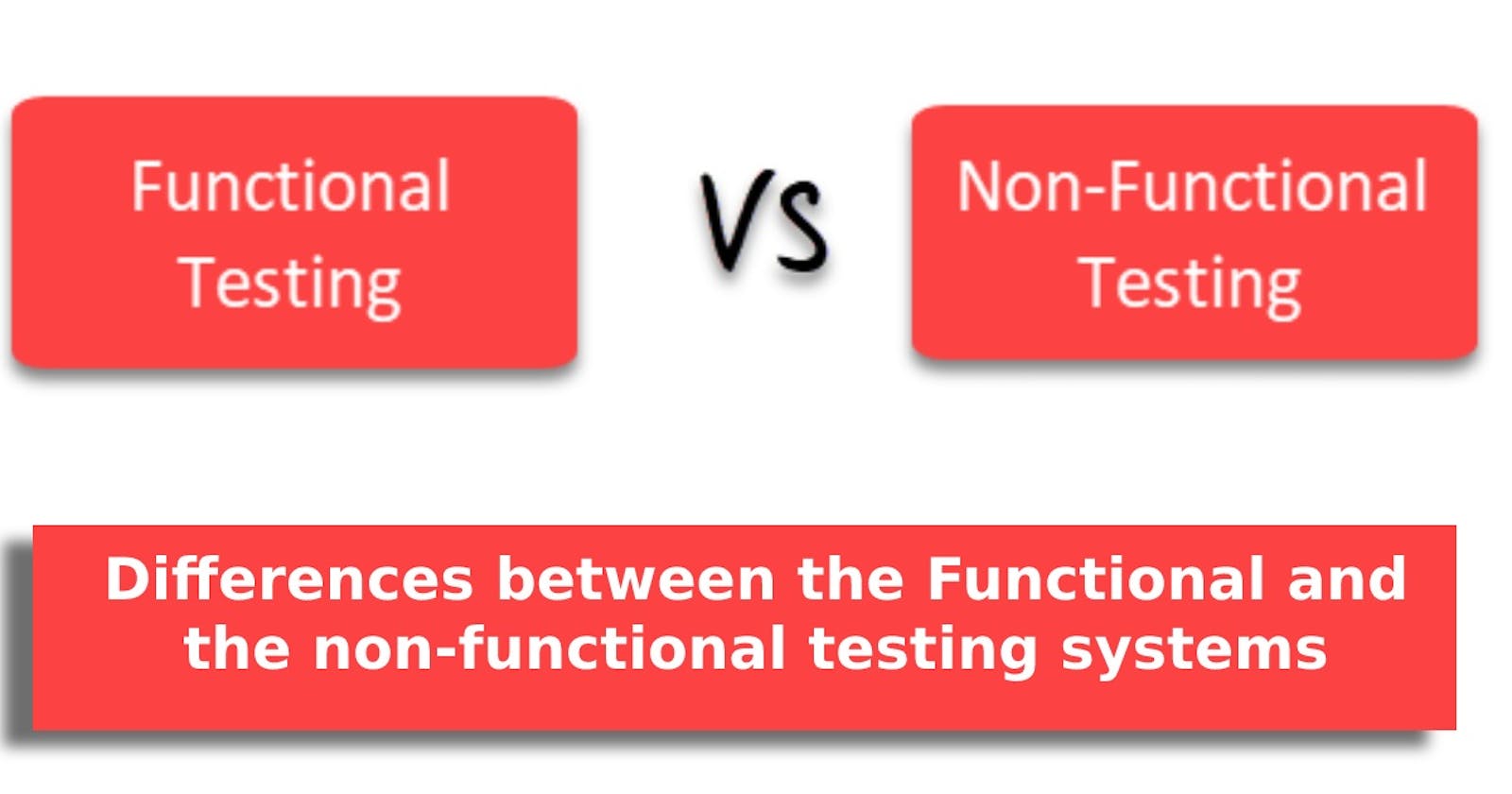What are the most important differences between the functional and the non-functional testing systems?
The functional and the non-functional testing systems are equally important for launching any kind of perfect application into the market. Functional testing is considered to be the type of testing of software in which the system will be tested against the functional requirements and specifications. This particular type of testing system will ensure that requirements and specifications will be perfectly satisfied by the application and this type of testing is directly concerned with the result of processing. It will also focus on the simulation of the actual system usage but will not develop any kind of system structure assumptions in the whole process. This concept has been basically defined as the type of testing that will help in verification that every function of the software application is working in conformance with the requirements and specifications throughout the process. This particular testing will also make sure that the source code of the application will never be altered in the whole process and every functionality of the application will be perfectly tested by providing the appropriate test input as well as actual out.
Non-functional testing is considered to be the type of software testing that has been perfectly performed to verify the non-functional requirements of the application. It will also help in verification of the things that behaviour of the system is as per the requirements or not and it will also test all the aspects which are not tested into the functional testing. Non-functional testing is designed as the type of software testing to check the non-functional aspects of the programming of the software application and this has perfectly been designed to check the readiness of the system as per the non-functional parameters which will never be addressed by the functional testing. Both of them are equally important and the following are the most important differences between functional and non-functional testing:
Functional testing will always help in the verification of the operations and actions of the application and non-functional testing will help in the verification of the behaviour of the application.
Functional testing will always be based upon the requirements of the customers and non-functional testing will always be based upon the expectations of the customers.
Functional testing will help in enhancing the behaviour of the application and non-functional testing will always allow the organisations to improve the performance of the application.
Functional testing is very much easy to execute in terms of manual systems and on the other hand the non-functional testing system is very much hard in terms of executing things manually.
Functional testing will always help in testing about how the product is actually doing and non-functional testing will describe how the product is doing.
Functional testing will help in making sure that business requirements are very easily fulfilled and everything will be based upon customer requirements only. On the other hand, a non-functional testing system will be based upon the performance requirement of the whole process.
The very basic examples of the functional testing systems will include regression testing, smoke testing, unit testing and integration testing systems.
On the other hand, the very basic examples of non-functional testing will include scalability testing, load testing, performance testing and stress testing.
Being clear about both of these kinds of testing is very much important for organisations so that they are always able to launch the perfect applications into the market and are very much successful in terms of boosting their consumer satisfaction and trust levels throughout the process which are the clear indicators of the success of applications.
Originally Published:- https://www.technologytimesnow.com/differences-between-the-functional-and-the-non-functional-testing-systems/
